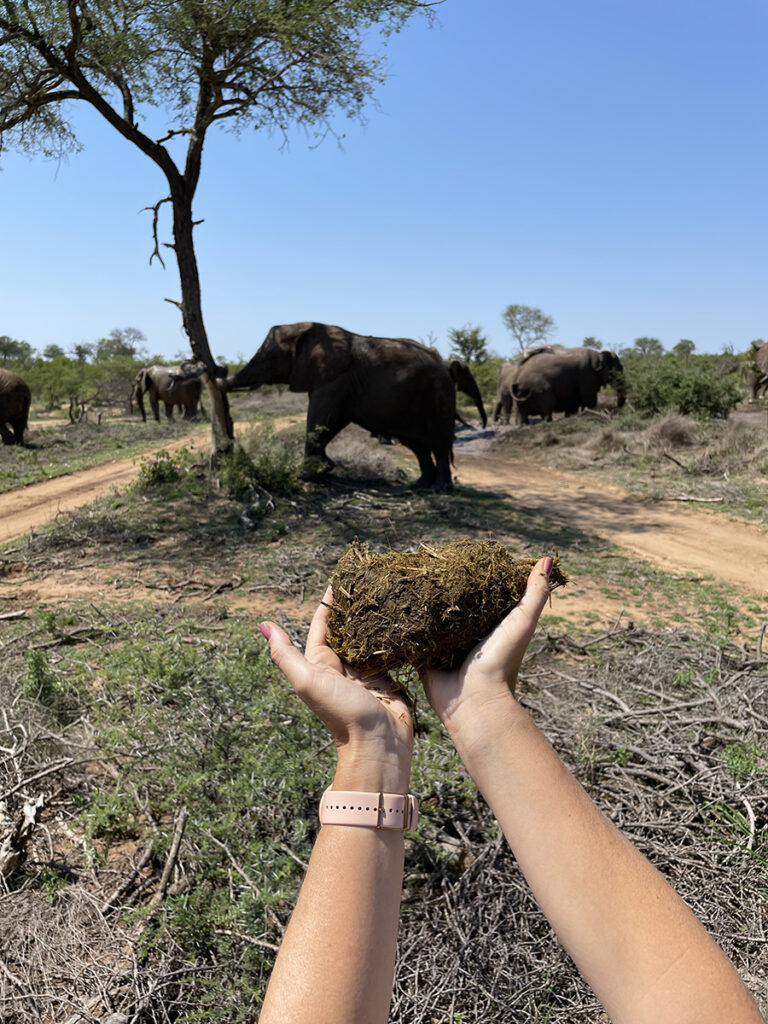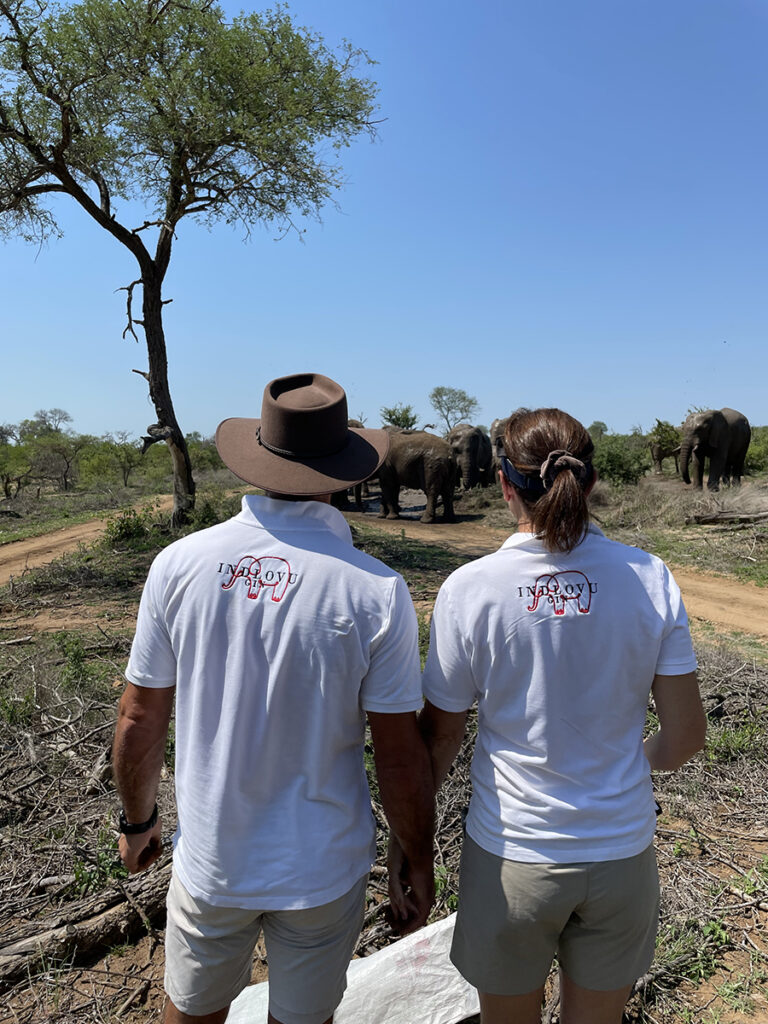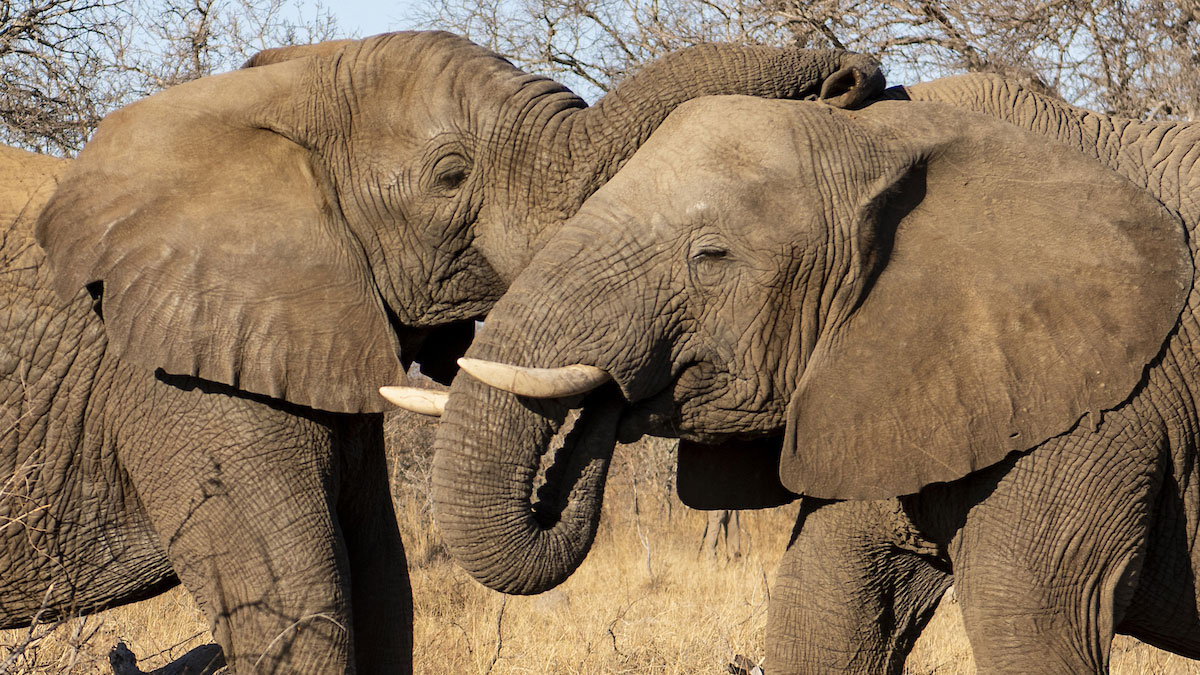We recently got together with the Indlovu team, the makers of Jabulani’s JabuGin (made from the dung of the rescued elephant herd) to collect fresh dung for the next batch of gin which is made down in the Western Cape of South Africa. Paula and Les Ansley created the world’s very first elephant dung gin, named Indlovu Gin, using the dung of elephants in wildlife reserves across South Africa. In this clip, husband and wife team, Les and Paula collect dung balls from the reserve while the herd enjoy a mud splash and forage close by – Mambo shows particular interest in the team!
After creating Indlovu, Paula and Les branched out to create a special JabuGin, for sale and distribution at Jabulani lodge in our reserve, for guests to enjoy or take home. For us at HERD, this collaboration speaks to our objectives to recycle and reuse elephant dung as a byproduct in sustainable ways and to raise awareness and funds for the herd and elephant species.

Indlovu Gin and JabuGin use the dung of elephants to infuse the gin with all the vegetation and botanicals the animals naturally choose to forage from nature. The elephants are part of the chef/mixology team, so to speak. Elephant dung has many incredible uses, and at HERD we use the elephants’ waste as compost, for growing seedlings, to fill erosion holes, to provide to farms in the area for compost of their own, and in various community empowerment projects such as the making of elephant dung paper and soap, with the JabuLadies team. Read more >
All proceeds from JabuGin are donated to HERD (Hoedspruit Elephant Rehabilitation and Development), South Africa’s first dedicated elephant orphanage, next to Jabulani lodge in South Africa. In addition, Indlovu Gin donate 15% of profits from their gin sales to the orphanage. A great collaboration!


How did the concept of the JabuGin come about?
Paula and Les Ansley, the producers of the gin, recently moved their family back to South Africa after spending 15 years in the UK. Shortly after arriving back, Paula had an opportunity to go to Kenya on safari. It was while she was sipping a G&T while watching a herd of elephants and listening to the guide explain how particular elephants are in their browsing habits that she had this crazy idea … would it be possible to make elephant dung gin? So together they created Indlovu Gin, which was the world’s first gin made of botanicals from elephant dung. Paula and Les felt it was important to contribute to wildlife conservation and through this initiative, they developed a relationship with Jabulani. Conversations between Indlovu Gin and Jabulani resulted in Paula and Les producing a bespoke gin for Jabulani made from Jabulani’s own elephants. JabuGin was born.
What is the process like, in terms of the use of the dung as an ingredient?
The base gin is a traditional London Dry, distilled from cane spirit, which includes Juniper, Angelica, Orris Root, Coriander and citrus. The gin then undergoes an additional flavouring run where the elephant foraged botanicals are directly infused. This process of maceration is similar to that of dipping a tea bag into the water.
Where is it available in SA? If not will it become available for sale?
Indlovu Gin can be ordered online here > – Indlovu Gin is available in Europe, Asia and North America. JabuGin is available at Jabulani for guests to enjoy during their safari with us, especially at the dam at sunset while watching the rescued herd of elephants walking past en route home to the protected homestead. JabuGin is currently also available for sale at Jabulani lodge boutique, where guests can purchase a gin to take home with them.
What is the elephant dung gin like in terms of smell and taste?
It is a full-bodied highly aromatic gin with grassy earthy notes. It is good with Indian Tonic, but it is even better sipped neat with chocolate or coffee on the side.




 Comment
Comment






I hope they export to New Zealand at some stage.